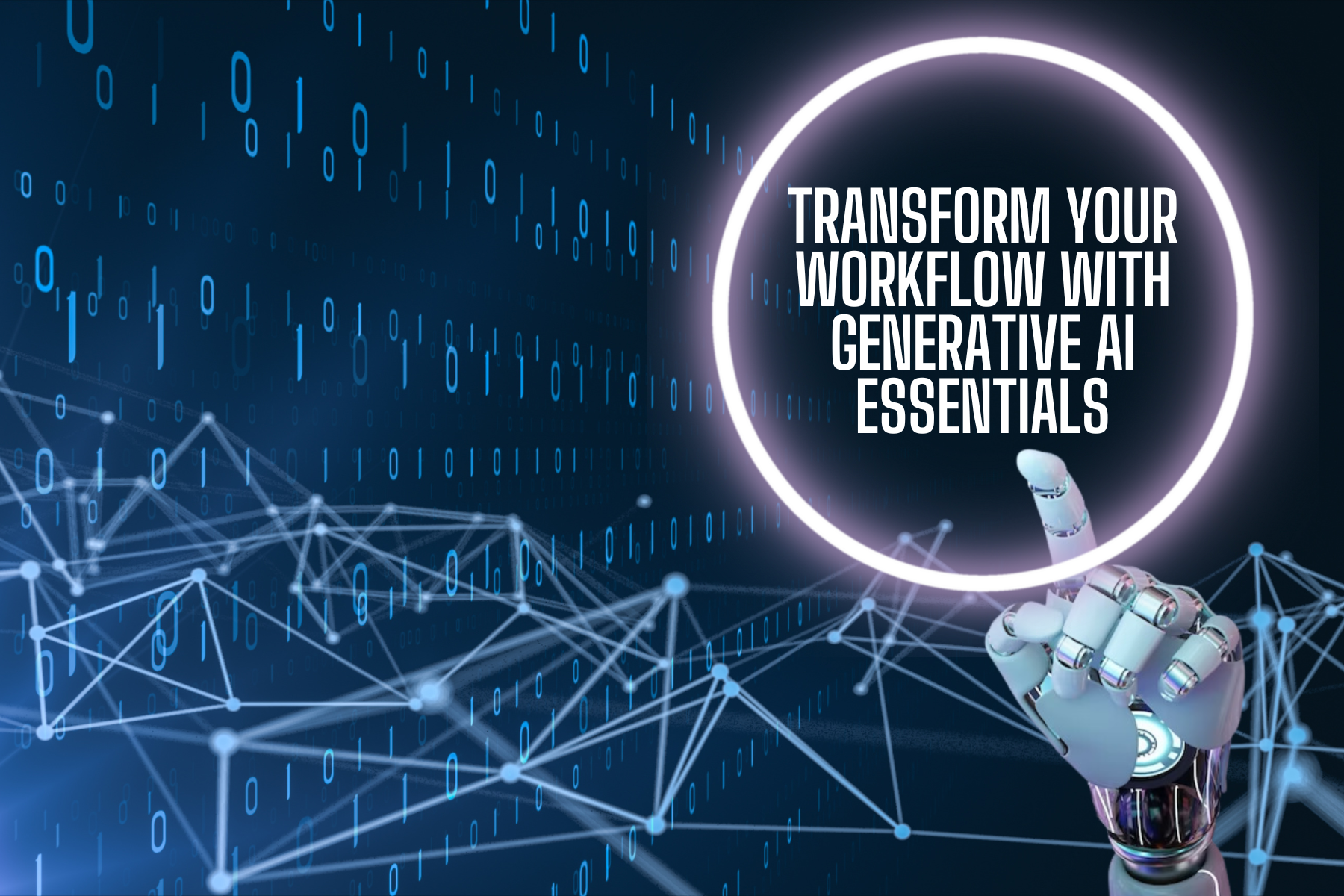
Singapore’s focus on innovation and digital transformation is driving a surge in demand for skills that leverage new technology for more efficient and effective work. Generative AI tools like ChatGPT, Google Gemini, and Microsoft Copilot are revolutionizing workflows across industries, making them highly sought-after by employers. According to Salesforce research data, 83 per cent of Singapore IT leaders believe that generative AI will soon have a prominent role in their organisations.
Traditional AI usually performs specific tasks intelligently, based on a particular set of data. While these systems are able to learn and make decisions on fixed inputs, they cannot create anything new. They analyse and predict outcomes based on existing data. Voice assistants such as Siri and recommendation engines on Netflix or streaming services are examples of traditional AI.
Generative AI, however, creates something new. With the introduction of generative adversarial networks – or GANs – a type of machine learning algorithm, generative AI can create new images, videos, and audio.
Examples of Application
Beyond these specific examples, generative AI offers benefits in content creation, research analysis, and even software development. As businesses in Singapore strive for continuous improvement, the ability to leverage these tools effectively becomes a key differentiator.
Target Audience
This 2-day course on “Effective Use of Generative AI Tools” empowers mid-level supervisors, managers, and specialists across various sectors to become proficient in utilising ChatGPT, Gemini, Copilot, and other AI tools. By learning to harness the power of AI for automation, content creation, and data analysis, participants can significantly improve their team’s efficacy and efficiency. This translates to time saved, improved accuracy, and a competitive edge in Singapore’s fast-paced business environment.
By the end of the course, learners will be able to:
Course Code: TPG-2024071282
Our Class Schedule:
Jan 2025
9, 10
23, 24
Feb 2025
15, 16
22, 23
Class Timings
Day 1 – 9am to 6pm (includes 1 hour lunch break at 1pm)
Day 2 – 9am to 6pm (includes 1 hour lunch break at 1pm)
Full Course Fee (no subsidy) @SGD 1400
Here are the net fees for the following:
Here are the types of funding support available for the course:
SSG Training Grant
Course Ref No.: TPG-2024071282
*Approved Funded Hours: 16 hours
1. Issues Identification and Researching Solutions
2. Applications of Generative AI
3. Formalising Tools Adoption
Subscribe to our newsletter to receive the latest course information & updates!
| Cookie | Duration | Description |
|---|---|---|
| cookielawinfo-checkbox-analytics | 11 months | This cookie is set by GDPR Cookie Consent plugin. The cookie is used to store the user consent for the cookies in the category "Analytics". |
| cookielawinfo-checkbox-functional | 11 months | The cookie is set by GDPR cookie consent to record the user consent for the cookies in the category "Functional". |
| cookielawinfo-checkbox-necessary | 11 months | This cookie is set by GDPR Cookie Consent plugin. The cookies is used to store the user consent for the cookies in the category "Necessary". |
| cookielawinfo-checkbox-others | 11 months | This cookie is set by GDPR Cookie Consent plugin. The cookie is used to store the user consent for the cookies in the category "Other. |
| cookielawinfo-checkbox-performance | 11 months | This cookie is set by GDPR Cookie Consent plugin. The cookie is used to store the user consent for the cookies in the category "Performance". |
| viewed_cookie_policy | 11 months | The cookie is set by the GDPR Cookie Consent plugin and is used to store whether or not user has consented to the use of cookies. It does not store any personal data. |